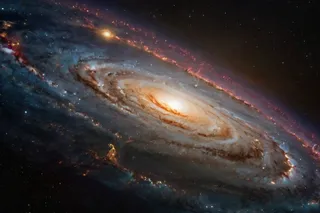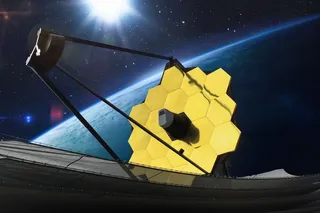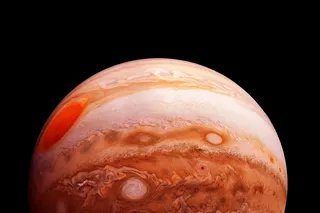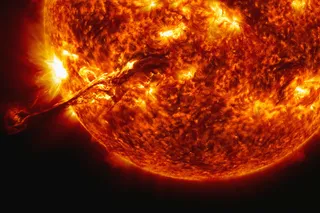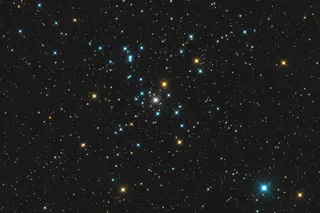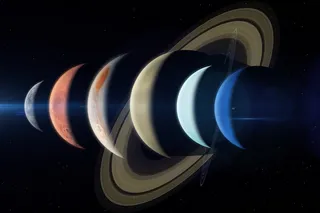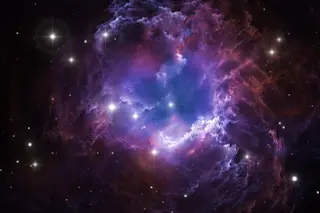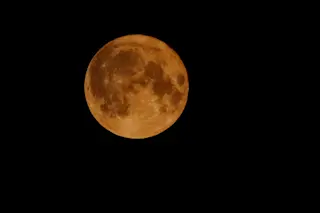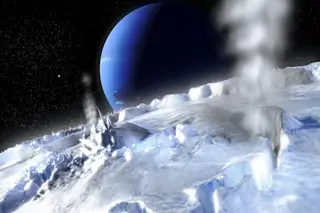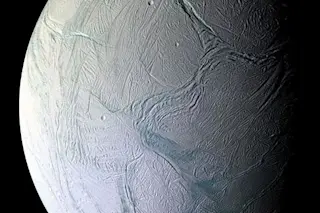A science joke: A woman is out walking and sees a kid on his hands and knees looking at the sidewalk. She asks the boy what he's doing, and he says, "Looking for a quarter I lost." She asks him where he lost it, and he points across the street. Quizzically, she asks, "Then why are you looking here?" He replies, "The light's better over here." What's this got to do with astronomy? I'm glad I asked.
Astronomers took a sample of 500 stars, 70 of which are known to have planets orbiting them, while the rest have no planets detected. They examined the spectra of the stars, looking specifically to see how much lithium was present. What they found, with good statistical significance, is that stars with planets had far less lithium than stars that did not have planets. Somehow, having planets means a star loses its lithium. How ...



